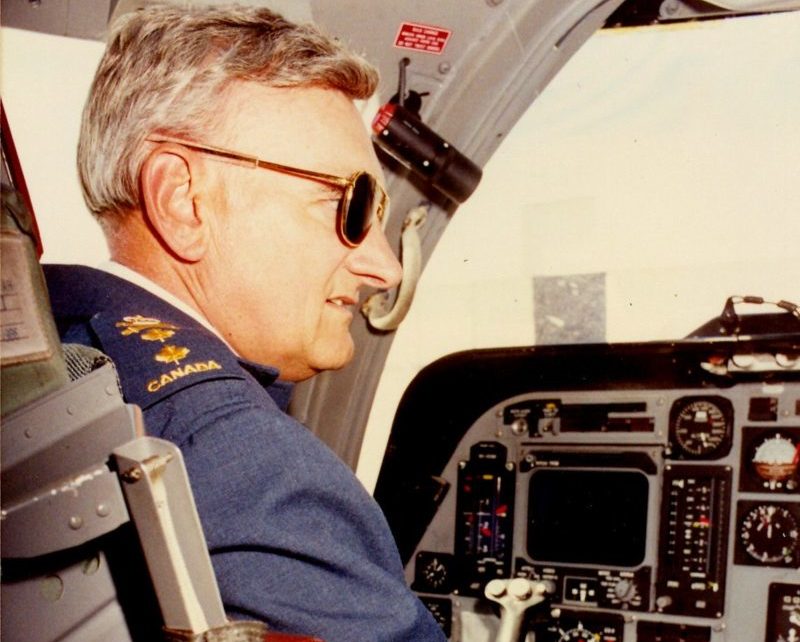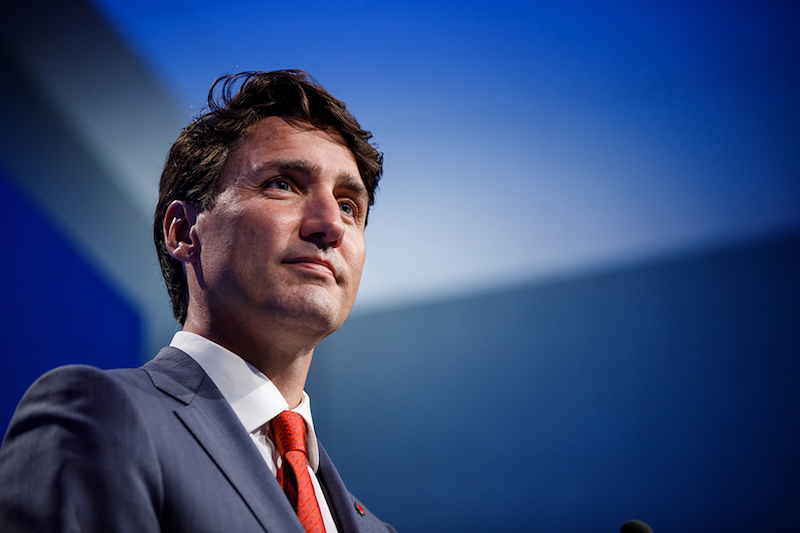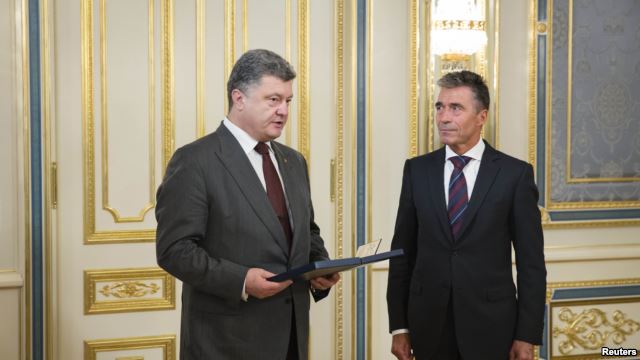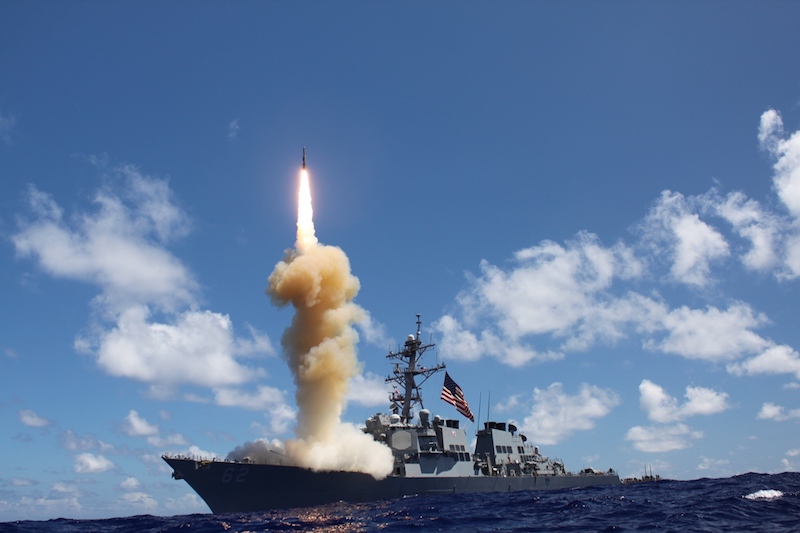Editorial Note: This interview was edited for length and clarity.
Canadians may have heard of NORAD because of its Santa Tracker or occasional talk in the news about upgrading northern defence. But what is NORAD and why is it important for Canadians? To answer these questions, NATO Association of Canada Program Editor Scott Burns sat down with Major-General Ian Patrick, former Director of NORAD Combat Operations (1989-1992).
SB: What is Canada’s relationship with NORAD?
IP: Canada was one of the two founding members of NORAD. When the United States and
Canada looked at the threats just after the Second World War, Russian bombers were coming over the North Pole, across northern Alaska and Canada, and carrying weapons with destructive capability. So, the two countries got together to assess the need. Because of the massive amount of spending and support required to build the needed structure, they decided to do something that’s never been done in the world before. They formed a bi-national command, meaning it’s a command of two nations–one doesn’t work for the other, they work together. And of course, with the threat at that time being a bomber coming from the north, the first thing they had to do was look at how to detect them early enough to take the required action. A radar system, called the “Pinetree Line,” was built in southern Canada and cost shared, with the Americans operating the first sites until Canada could train sufficient personnel to take over and, eventually, staff all the sites. As the Soviet airborne missiles gained more range, the need for even earlier warning became necessary. To counter this, the two countries built a second, higher latitude radar string called the Mid-Canada Line and, eventually, a Distant Early Warning (DEW) Line, across the high Arctic.
When the Soviets built intercontinental ballistic missiles, launched from land and submarine platforms, the American government produced several land-based missile warning radars and a constellation of geo-synchronous orbiting satellites to watch the entire world from space.
Information from these new radars and satellites is passed to NORAD to complement the information received from the original radars that track aircraft.
SB: What exactly does NORAD do?
IP: When any activity occurs anywhere in the world from air, missile, or space sources that could threaten North America, NORAD receives that information and, within seconds, NORAD personnel can tell where the object is going and, if it’s a missile, where and when it’s going to land. If it’s a potential threat to North America, the Commander in Chief is notified and they make a decision on the threat and, if it’s real, inform the President of the United States and the Prime Minister of Canada. The Director of Combat Operations basically oversees the entire NORAD portion of the operation. The part that Canadians don’t know a lot about is that intruders, including drug runners, come by air into North America. And when they do that, they usually do not follow international air regulations, such as flying without navigation lights on at night and not filing flight plans.
SB: Why is participation in NORAD a necessity for this country?
IP: NORAD provides 24/7 air, missile, and space warning and attack assessment that enables the two countries to take the required action to protect their citizens, and the United States has capabilities that, in protecting itself, protects us. That information also informs our governments what capabilities are out there; thus, what forces we need to have. This allows us to have the best military and the best use of our dollars toward the things that are critical for our protection. As well, this information is shared with our NATO allies and enables us to purchase and integrate our military hardware to the best advantage.
Without NORAD, we can’t see what is happening around the world. Without seeing the world, we don’t know where the threats are. And without seeing the world, we have an exposed exterior. We are the second largest country in the world, with only 38 million people, so most of Canada is uninhabited. There’s no way that alone we can ever have this view of our own country. We talk of building more bases up north, and that is important for our sovereignty. But no matter how many we build, we would never have the ability to protect our country the way we do through our NORAD association. Canadians think we’re paying a fortune for an outdated Cold War concept. Canada’s contribution is but two aircraft on alert, at Bagotville and Cold Lake, and in the NORAD system a couple hundred people, plus the costs of upgrading the older ground radar systems–a cost that we would have if we were not part of NORAD. Canada is now getting into the space business, and all those young Canadian people that through their NORAD employment have been trained in the US Space Command, are now employed in the new Canadian space organizations, civilian and military. Canada should never, ever consider dissolving the NORAD partnership. The threats that NORAD sees will never go away; they just change. I want somebody watching my country from ground and space 24 hours a day, seven days a week, not somebody who can just look through a pair of binoculars at ground or sea level. NORAD is the best buy we make in defence; absolutely.
Major-General Ian Patrick is retired and living in Nova Scotia near CFB Greenwood, where he is
involved in the 14 Wing aviation museum. To learn more about Ian Patrick’s life and experiences, watch an oral history interview he gave in 2020.
Photo: “In the left seat of a b1b bomber before the flight.” Used with the permission of Major-General Ian Patrick.
Disclosure: Major-General Ian Patrick is a relative of Program Editor Scott Burns.
Disclaimer: Any views or opinions expressed in articles are solely those of the authors and do not
necessarily represent the views of the NATO Association of Canada.




